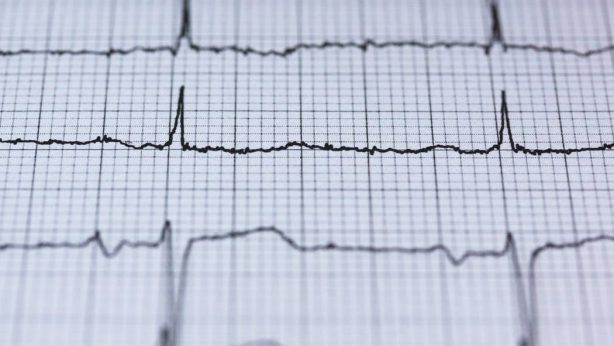Congenital Heart Disease
An abnormality of the heart is present in about 1% of all babies born. Untreated, half of these affected will die in their first year of life. The survivors do fairly well until adulthood when the less severe forms begin to take their toil. It is usual for persons with uncorrected CAD to survive much beyond age 40.









